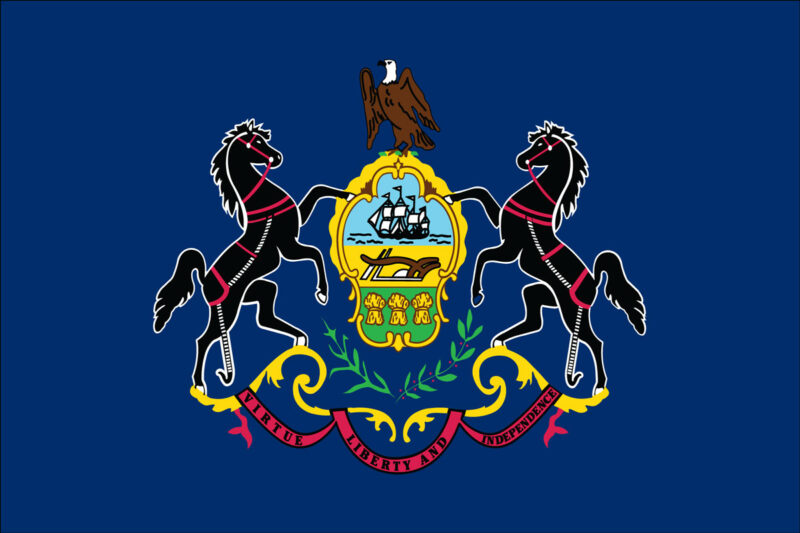
RAWA, the Restoration of America’s Wire Act, is finally going to have its day in Washington, DC.
After its original hearing was postponed earlier this month due to a significant snowstorm, the US House of Representatives Subcommittee on Crime, Terrorism, and Homeland Security will take on RAWA Thursday, March 26th.
The Poker Players Alliance (PPA) was first to break the news on its Twitter account citing multiple Capital Hill sources.
Bill HR 707 seeks to amend the federal law’s Wire Act in order to outlaw the transmission of Internet betting and wagering activities.
Backed by casino tycoon Sheldon Adelson, the world’s 18th richest person according to Forbes, RAWA would effectively eliminate online poker and Internet casino games in the United States. In addition, HR 707 could prevent state lotteries from offering Internet services for its drawings.
March 26th Significance
The March 26th date comes with a big of noteworthiness. March 26, 2014, was the day Sen. Lindsey Graham (R-SC) first introduced RAWA in the Senate. When Congress passed over the legislation at the end of last year, Rep. Jason Chaffetz (R-UT) brought the bill to the House of Representatives in the beginning of February.
While both bills are clones of one another, Sen. Graham’s S-2159 had four co-sponsors, three additional Republicans and Sen. Diane Feinstein (D-CA) being the lone Democrat. Perhaps not learning from history, Rep. Chaffetz has more co-sponsors as the House has more members, but the political divide remains similar.
HR 707 attracted 14 co-sponsors, with 11 Republicans and just three Democrats. The representatives reaching across the aisle are Tulsi Gabbard (D-HI), Brad Ashford (D-NE), and Pedro Pierluisi (D-Puerto Rico).
Bills in both the Senate and House often obtain dozens of co-sponsors, especially when the legislation is popular and one of public interest. With Chaffetz’s bill backed by only 15 of the House’s 435 members and Graham’s Senate legislation supported by just five of the 50 senators, it’s clear that not many DC politicians are willing to attach their name to RAWA.
A GOP Divided
Democrats and Republicans are no more likely to support or disprove of gambling, but when it comes to Internet poker those left of center have been traditionally more inclined to promote such legislation. Nevada, New Jersey, and Delaware, the three states with current legalized iGaming, all had blue legislatures during the time of passage. NJ and DE are both traditionally democratic states, while NV tends to be more neutral in its politics.
Though conservative Republican lawmakers have tended to steer clear of online poker, the GOP is no longer completely on the same page. Adelson is a longtime financial backer of conservative candidates and will likely have a considerable impact on the 2016 election process through political action committees.
But not all GOPers are on-board with Adelson and RAWA, including former Texas Rep. Ron Paul, a two-time presidential candidate who associated with both the Republican and Libertarian parties. Paul called RAWA “crony capitalism” and said it has no business being in mainstream politics.
Grover Norquist, perhaps the most influential person in DC for conservative politicians said, “States don’t need federal government babysitting them.” Gov. Chris Christie (R-NJ), a likely 2016 candidate, is also thought to be against RAWA as he signed Internet gaming into law in New Jersey.


